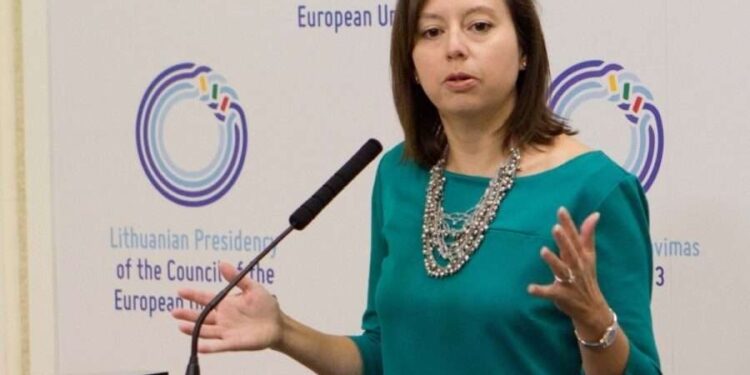The International Monetary Fund has discovered that Ghana’s strong policy and reform efforts under the Fund-support programme is starting to bear fruits.
According to the Fund, signs of economic stabilisation are emerging.
“Growth in 2023 proved to be more resilient than initially expected, and although volatile inflation has been declining rapidly, the fiscal and external positions have improved, and exchange rate volatility has declined in the country”, Julie Kozack, Director of Communications revealed.
She mentioned that the government and the Bank of Ghana are making good progress on their comprehensive debt restructuring.
The domestic debt exchange was completed last year, on January 12. The government reached agreement in principle with its official bilateral creditors, and Ghana is also engaging with its external private creditors to seek support.
Madam Kozack said “Looking ahead, steadfast policy and reform implementation will be needed to fully and durably restore macroeconomic stability and debt sustainability in Ghana. It will be critical for the government to continue implementing the programme as envisaged to ensure sustainable growth and poverty reduction”.
She added that the IMF remains fully engaged and supportive of Ghana’s efforts under the ongoing programme and the debt restructuring negotiations.
“We have been in continuous dialogue with the Ghanaian authorities, including with the Minister Designate when he served as Minister of State for Finance, and our commitment to assisting Ghana remains steadfast and we look forward to continuing our fruitful cooperation with the new minister [Dr. Mohammed Amin Adam], she explained.
On whether the MF support Ghana’s desire for a straightforward debt restructuring without any state-contingent debt instruments, Ms. Kozack said the IMF’s role in debt restructuring is that “we set the overall envelope for debt restructuring and then we do leave it to both the debtor and the creditor countries to agree the terms”.
Source: myjoyonline.com


